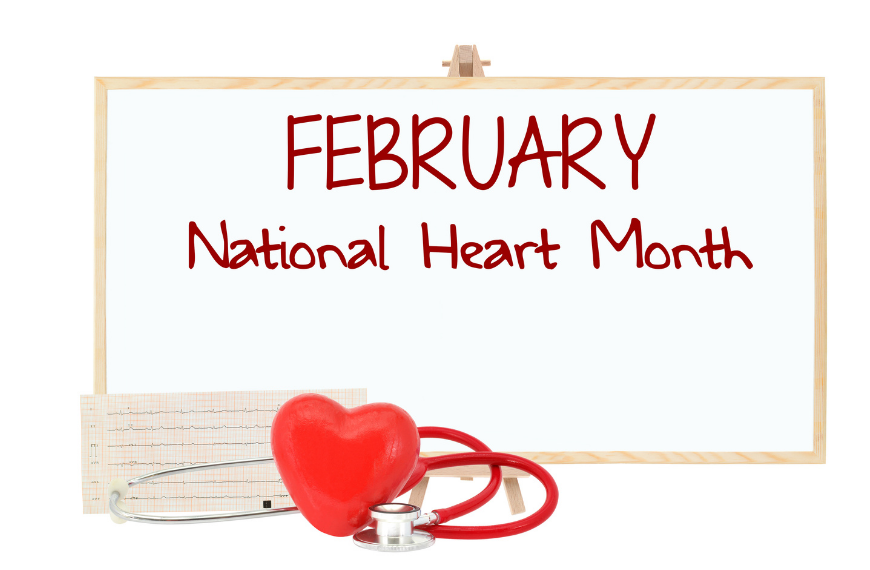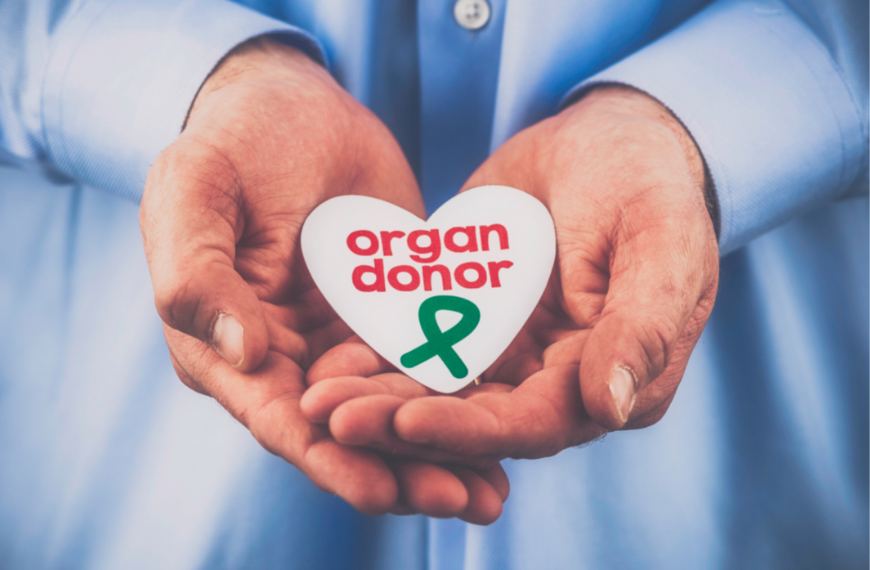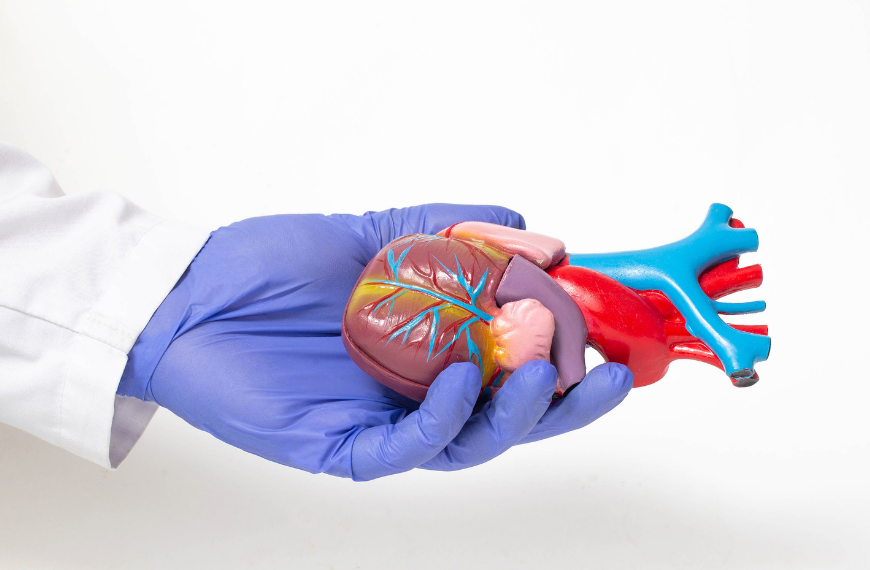Every February, AmeriBest Home Care of Philadelphia and Harrisburg, PA, joins with many other organizations, physicians, nurses, in-home care workers, and families alike to observe American Heart Month every February. Why? Because over 600,000 people die annually from heart disease in the United States alone. Heart disease shows no preference for age, gender, or ethnicity. However, the following factors impact your risk:
- Alcohol consumption
- Diabetes
- High blood pressure
- High cholesterol
- Inactivity
- Poor diet
- Smoking
If you have been thinking about caring for your loved one at home due to their heart health (combined with other matters), there are ways to give them heart-healthy habits and choices. In addition, you and your family can become advocates for raising awareness about heart disease by first learning about it. This is part of what American Heart Month is all about.
Heart Disease 101
The term “cardiovascular disease” (CVD) is often used synonymously with “heart disease.” Both are umbrella terms covering everything from congenital heart defects and heart rhythm problems to the most common form of heart disease, coronary artery disease (CAD). CAD is a hardening and narrowing of the arteries going to the heart, leading to stroke and heart attack. And while all that sounds frightening, the good news is that many deaths can be prevented with proper care. The earlier, the better.

Signs of Heart Disease
CVD often goes hand in hand with old age. At AmeriBest, we work with seniors, giving them ways of strengthening their circulatory system. The first step is teaching families and individuals the signs of heart disease so prompt medical treatment occurs:
- Chest pain (or pressure in the chest)
- Feeling constantly tired or exhausted
- Nausea and vomiting regularly
- Palpitations
- Shortness of breath
- Weakness
Preventing Heart Disease
Home health aid services like those AmeriBest Home Care provides help you monitor heart health, but that’s only one part of the equation. There are great ways to keep a person’s heart in shape. Think of healthy habits like a daily vitamin supporting wellness.
By making minor changes, you can get on the road to improved heart health. Start with increasing activity levels. Don’t go from zero to one hundred—small, progressive steps matter. About two and a half hours of moderate activity a week is all it takes. If your loved one has physical limitations, AmeriBest’s outstanding caregivers can help develop a safe routine.
Next, think about diet. Limit saturated fats, salt, and meats with high-fat content. Stress fruits, whole grain, nuts, and vegetables. Look into the Mediterranean diet for ideas.
Monitor yourself or your loved one. When you go for a check-up, talk with the physician about blood pressure, weight, and cholesterol. There are medications specifically designed to target these two risk factors. And, people may not have to take them forever if they make suitable lifestyle choices.
Finally, get more rest and avoid stress factors. Both support your immune system and improve both mental and emotional well-being.
Need Help?
If you’re in the Philadelphia or Harrisburg, PA area and have a loved one who needs more support than you can provide, reach out to us, asking about home care services. As a professional home health care agency, our staff provides compassionate and insightful assistance. Feel free to contact us HERE any time with your questions.



